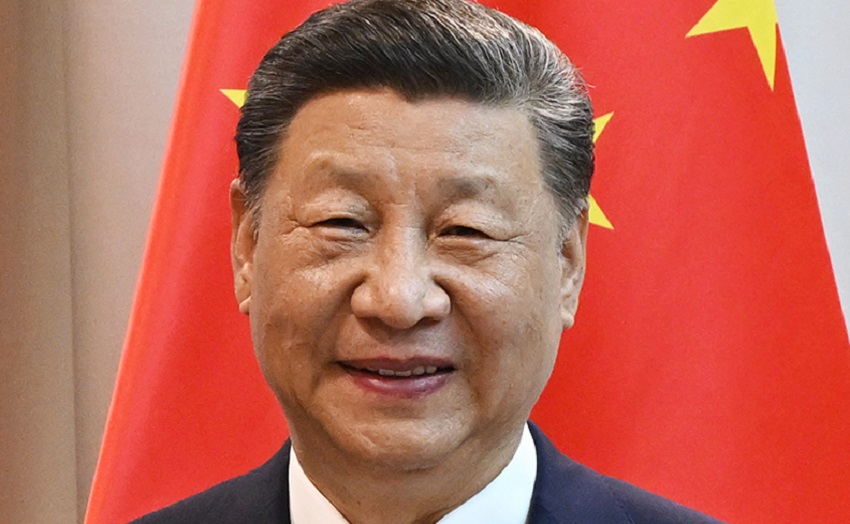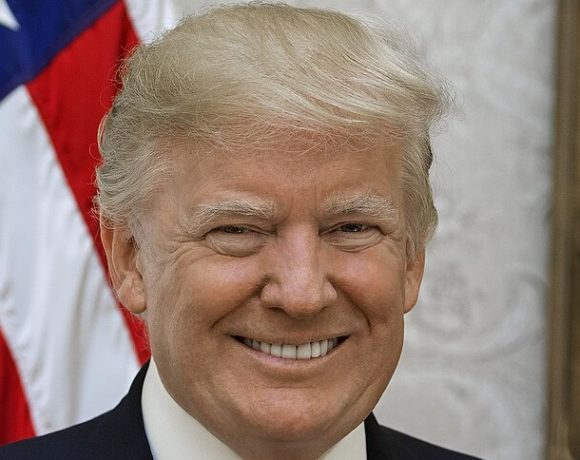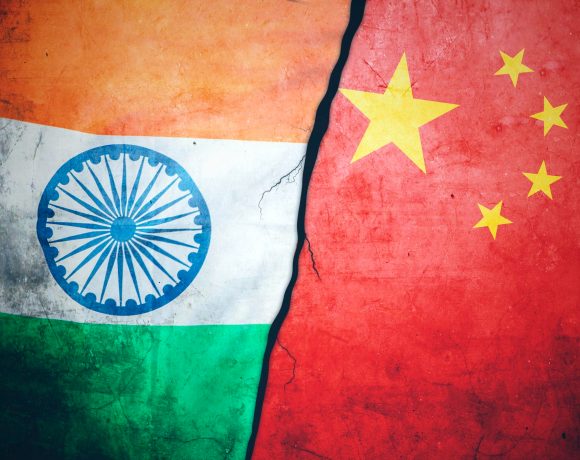
Xi Visits Tibet to Mark 60th Anniversary
Chinese President Xi Jinping has made his second-ever visit to Tibet as head of state, arriving in Lhasa to mark the 60th anniversary of the Tibet Autonomous Region (TAR). His only previous visit as president was in July 2021. Xi’s arrival was broadcast prominently on state media, underscoring the importance China attaches to the politically sensitive region.
Significance of the Anniversary
The TAR was established in 1965 following Beijing’s consolidation of control over Tibet. The 60th anniversary is being celebrated as a milestone in what China calls the modernization and integration of the Himalayan region. For Beijing, the event serves as a reaffirmation of sovereignty and an attempt to showcase development, infrastructure, and economic progress under Chinese governance.
Stability and Border Context
Xi’s visit comes at a time of heightened regional focus. Tibet borders India, where ongoing border tensions and military standoffs have placed the region under global scrutiny. Analysts note that Xi’s presence in Lhasa carries both symbolic and strategic weight, sending a signal of Beijing’s control and its emphasis on long-term stability.
Messages Delivered
During the visit, Xi called for building a “modern socialist Tibet” characterized by unity, prosperity, and ethnic harmony. He urged officials to deepen economic reforms while maintaining security and cultural integration. Senior Chinese leaders, including Wang Huning and Cai Qi, accompanied him, reflecting the high-level political backing for the trip.
Broader Implications
Xi’s visit highlights Tibet’s role in China’s domestic policy and foreign relations. While Beijing celebrates its control as legitimate and beneficial, critics abroad continue to accuse China of restricting religious freedoms and suppressing Tibetan identity. For Xi, the anniversary visit underscores China’s determination to keep Tibet firmly under its governance amid regional geopolitical shifts.


















